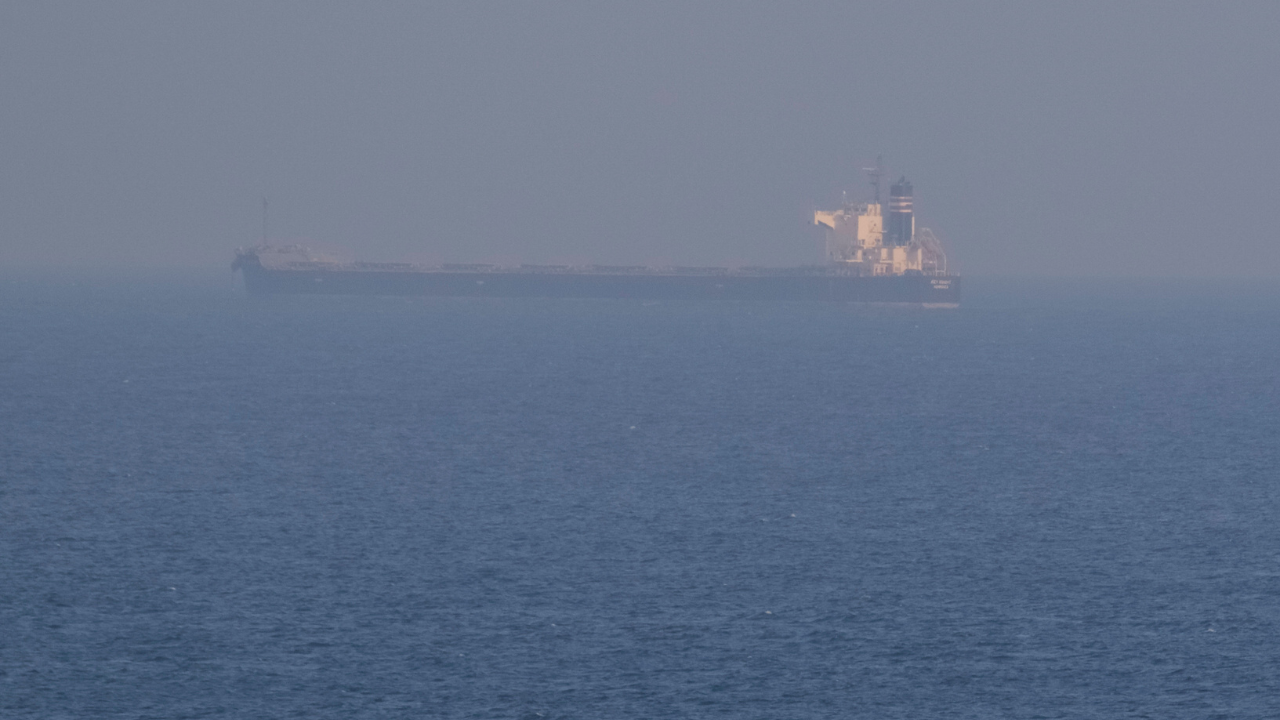
[ad_1]
Four specific acts – genocide, crimes against humanity, aggression and war crimes – are recognised as international crimes. Ukraine would like to add a fourth – ecocide – and it is setting out to build its case against Russia. The autopsy of the porpoise was part of that effort. “We right now are developing the strategy for the prosecution of environmental war crimes and ecocide,” said Maksym Popov, an adviser to the Prosecutor General of Ukraine.
The destruction of the Kakhovka dam, which sent trillions of gallons of polluted water down the Dnieper River and into the Black Sea, was the most serious blow. But even before then, dolphins were dying at an alarming rate. Russian warships make constant use of acoustic sonar signals that scientists say can interfere with dolphins’ sense of direction. Explosions, rocket launches and low-flying Russian fighter jets only add to the cacophony traumatising the dolphins. Maritime mines s are also deadly obstacles. Pollutants from explosives and fuel leaks have spoiled vast swaths of the Black Sea.
In a sign of the importance that Ukraine is placing on the issue, President Zelensky has included “immediate protection of the environment” in the 10-point peace plan Ukraine hopes will provide a foundation for negotiations to end the war. Ruslan Strilets, Ukraine’s minister of environmental protection, has said that investigators had collected data related toover 900 cases of dead dolphins. The figure includes those found on the shores of Ukraine, as well as Turkiye and Bulgaria, which also border the Black Sea. In one week in July, he said, 10 dolphins were found. Some environmentalists have speculated that over 50,000 Black Sea dolphins could have died in the first year of the war alone.
[ad_2]
Source link
